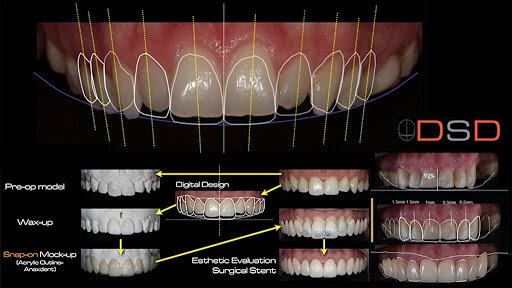Covid 19 and Stress and your Oral Health.
The American Dental Association recently conducted a tracking poll and reported that a vast majority of dentists in the USA indicated stress-related oral health conditions among their respective patients has increased since the COVID-19 pandemic began.
Tightness in the jaw can cause pain or discomfort in many parts of the body, including head, ears, teeth, face, and neck. The intensity of the pain can vary, and is often described as aching, throbbing, tender, or severe. These feelings may become worse while chewing or yawning. The exact location of the pain can also vary, with discomfort on one or both sides of the face, jaw, nose, mouth, or ears.
Clenching or grinding may also be caused by stress, genetics or dental problems, such as misaligned teeth. Clenching and grinding can occur during sleep, or when awake, although you may not be consciously aware of it. Clenching and grinding can cause tightness or feelings of soreness in the face, neck, and upper or lower jaw. It can also cause headaches or earaches.
Tips to relieve Jaw Stress
Exercise - Small mouth-opening and mouth-closing movements several times as a warm up. Then, place your fingers on the top of your front four bottom teeth. Slowly pull down until you feel slight discomfort on the tight side of your jaw. Hold for 30 seconds, and then slowly release your jaw and relax .
Jaw joint stretch This exercise helps stretch the muscles of the jaw and neck. Press the tip of your tongue onto the roof of your mouth, directly behind your top front teeth without touching them; then use your tongue to apply gentle pressure to slowly open your mouth as wide as you can, then slowly close.
The smile stretch helps eliminate stress in the facial muscles, upper and lower jaw, and neck. Start by smiling the widest smile you can without feeling tightness or pain. While smiling, slowly open your jaw an additional 2 inches. Inhale deeply through your mouth, then exhale while letting go of the smile. Repeat these exercises up to 10 times. Stop at the point if you feel pain.
Mouth guards - Are beneficial especially if jaw tightness is caused by clenching or grinding teeth while asleep. They help reduce contact between the upper and lower teeth. This helps reduce wear and tera and fractures on the teeth and can help to eliminate jaw tightness, pain and headaches.
Massage – Is often recommended to help increase blood flow and reduce muscle tightness. You can try this by opening your mouth and gently rubbing the muscles next to your ears in a circular motion. This is the area where the temporomandibular joints are located. Try this several times a day, including right before bed.












